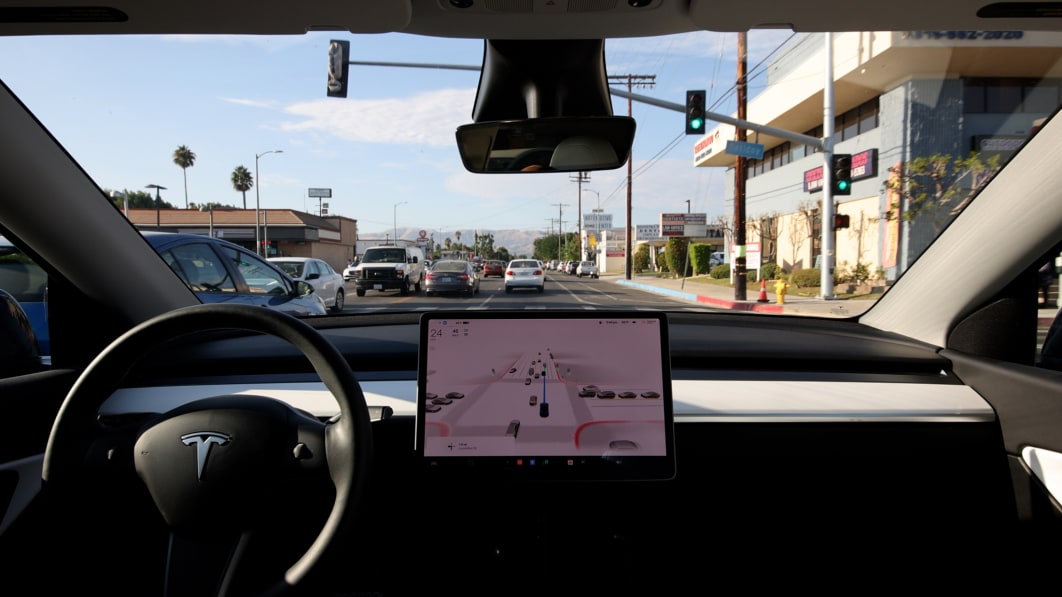Tesla recently lowered the price of its “Full Self-Driving” (FSD) driver assistance tech and offered a one-month free trial of the software, but those measures don’t appear to have had the intended impact. InsideEVs reported on figures from YipitData and Moomoo Technologies that show only a tiny fraction of the trial users signed up to pay for FSD.
Just 2% of the almost 3,500 Tesla owners in the free trial converted to a paid subscription or FSD purchase — it was only about 50 takers. The technology is still labeled as an SAE Level 2 driving system, a far cry from its name and CEO Elon Musk’s claims, which could have played a role in swaying owners away from the $8,000 purchase or $99 monthly fee.
Tesla’s catalog includes some of the best-selling EVs in the world, but its rollout of FSD has been slow and plagued with questions about its functionality in real-world situations. After a few years of owner-guided “beta testing,” Tesla removed the beta title and renamed FSD with “Supervised” instead. Now in version 12.3, the tech offers driver assist features, but (this is the critical part) can’t pilot the vehicle without an attentive driver.
Additionally, the automaker faces tightening scrutiny over its Autopilot system, which offers advanced adaptive cruise control features. Regulators have asked the company for data on how its vehicles monitor driver attention and relinquish control when there’s a problem. Tesla recalled all of its vehicles to issue a fix for some of those shortcomings, but there have been at least 20 crashes involving post-recall vehicles.
NHTSA has asked Tesla for information on every car it has delivered in the United States. Requests include numbers and dates of Autopilot warnings, mileage figures for pre- and post-recall Autopilot usage, and the number of warnings its vehicles have given to drivers to keep hands on the wheel.

